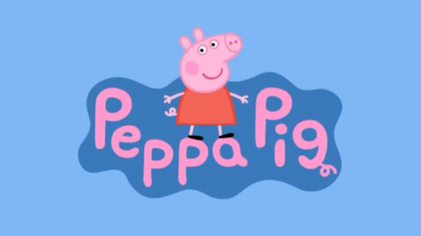The Volokh Conspiracy
Mostly law professors | Sometimes contrarian | Often libertarian | Always independent
China Moves to Restrict Social Media Dissemination of 'Peppa Pig'—My Two-Year-Old's Favorite TV Show
The government fears that the popular children's cartoon has taken on a "subversive hue" and may "hamper positive societal morale."

My two-year-old daughter is a huge fan of Peppa Pig, the enormously popular British cartoon TV series. Unfortunately, the Chinese government does not feel the same way. They recently moved to restrict dissemination of the show on Chinese social media, because it has taken on "a subversive hue" and could "hamper positive societal morale":
Social media users in the country noticed video clips of the cartoon were being removed on Saturday, and on Monday, state newspaper Global Times said that the #PeppaPig hashtag had been removed from the Douyin video website, while searches for "Peppa Pig" on the site produced no results.
Many papers also note that the platform appears to have added "Peppa Pig" to its list of blacklisted content.
The Peppa Pig cartoon is hugely popular in China, but despite being targeted at a pre-school audience, it has found mass appeal with Chinese adults in recent months.
Its characters have become a common feature in memes, including sexually suggestive content.
"After Peppa Pig started to take on this subversive hue and subsequently go viral, some experts said the popularity of the cartoon demonstrates the social psychology of hunting for novelty and spoofing, which could potentially hamper positive societal morale," Global Times said.
Beijing appears keen to quell subversive enthusiasm for the cartoon by trying to promote friendly domestic pig cartoons instead.
The Peppa Pig crackdown is just one small part of a broader escalation of the government's campaign against real and imagined potential dissent. In February, the government similarly targeted another British children's cartoon character: Winnie the Pooh.
In a 2014, I served as visiting professor at a Chinese university, and wrote about my experiences with the uncertain limits of free expression in that country. Sadly, the situation has gotten worse since then.
To get the Volokh Conspiracy Daily e-mail, please sign up here.

Show Comments (5)